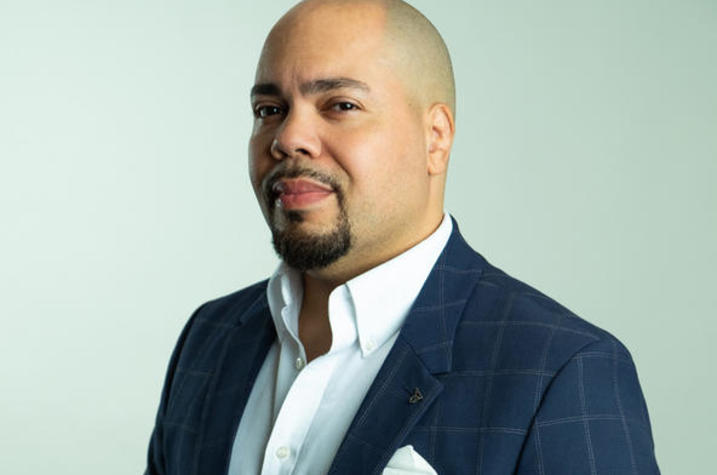Study Finds Growth of Faculty Diversity Largely Minimal in U.S. Colleges, Universities

LEXINGTON, Ky. (July 1, 2019) — Colleges and universities across the nation lack the diversity needed among faculty to deliver a well-rounded education, says a new study in the recently launched South Texas College of Law Houston Hispanic Journal of Law and Policy.
The analysis was authored by Julian Vasquez Heilig, incoming dean of the University of Kentucky College of Education. Co-authors included Isabell Wong Flores, Alicia Souza, Joseph Carlton Barry and Selene Barceló Monroy.
“While reports have shown modest gains in faculty diversity through the years, most have been in untenured positions,” Vasquez Heilig said. “We wanted to take a closer look at the data and provide a more thorough description of faculty diversity. Across the board, we found the composition of faculty across the country is not keeping pace with the diversity of the U.S. population.”
The study examined gender and ethnoracial faculty data from the public Integrated Postsecondary Education Data System. The analysis broke institutions down by the highest level of degree granted (bachelor’s, master’s or doctoral) and filtered the faculty data by tenure status (tenured, tenure track and instructional faculty).
Students are least likely to find diversity among faculty at schools granting degrees up to the doctoral level, where 4.05 percent of tenured faculty are black/African American and 4.6 percent are Hispanic/Latino. In fact, ethnoracial diversity among tenured faculty continues to lag across institutional types. And, while the overall number of women in faculty positions is nearing that of men, only 32.63 percent of tenured faculty at doctoral level institutions are women.
To view faculty diversity profiles by tenure status and institutional type, including changes over a five-year period, view pages 24-30 of the study here.
Beyond examining gender and ethnoracial data, the study provided an analysis of research focused on the benefits of faculty diversity. It also presented a history of the ever-changing legal landscape of diversity and affirmative action hiring and admissions policies that colleges and universities encounter at the national and state levels.
“We found nearly all research indicates diversity is associated with positive student outcomes,” Vasquez Heilig said. “While higher education has advanced programming and discourse around race, ethnicity, and gender, we must remove hidden barriers and take note of those who remain at the borders of academia. Our students are entering a professional world that is increasingly interconnected and diverse, and it is important they prepare for their futures in a similar environment. Our academic leaders and scholarly communities need to make more progress in diversifying our nation’s faculty.”
The study, “Considering the Ethnoracial and Gender Diversity of Faculty in United States College and University Intellectual Communities,” is published in the 2019 volume of the South Texas College of Law Houston Hispanic Journal of Law and Policy. It appears in conjunction with an essay by Ted Field on the lack of Hispanic lawyers in the patent bar.
“Both studies highlight the mission of the journal ‘to provide a forum and opportunity for the expression and dissemination of scholarly work on law-related issues that affect the United States Hispanic community... to take on challenges, core principles, and to explore and reflect upon the needs of our society in order to find solutions and further progress,’” said Houston attorney and journal founder Benny Agosto, a 1995 South Texas College of Law Houston alumnus and president of the Houston Bar Association.
Agosto established and championed the South Texas College of Law Houston Hispanic Journal of Law and Policy to address key issues of importance to the Hispanic community, including social work, public policy, government, and other pertinent fields, in addition to the law. South Texas College of Law Houston President and Dean Don Guter and Monica Ortale, associate director for public services at the college’s Fred Parks Law Library, worked closely with Agosto to take the journal from conception to publication.
About South Texas College of Law Houston:
Founded in 1923, South Texas College of Law Houston provides a diverse body of students with the opportunity to obtain an exceptional legal education, preparing graduates to serve their community and the profession with distinction and to be a positive force for change. The law school develops some of the country’s best litigators, advocates, negotiators, and transactional lawyers, but also empowers every student with something equally valuable: The unshakable notion that a legal education is a tool for making the world a better place. For more information, please visit www.stcl.edu.




